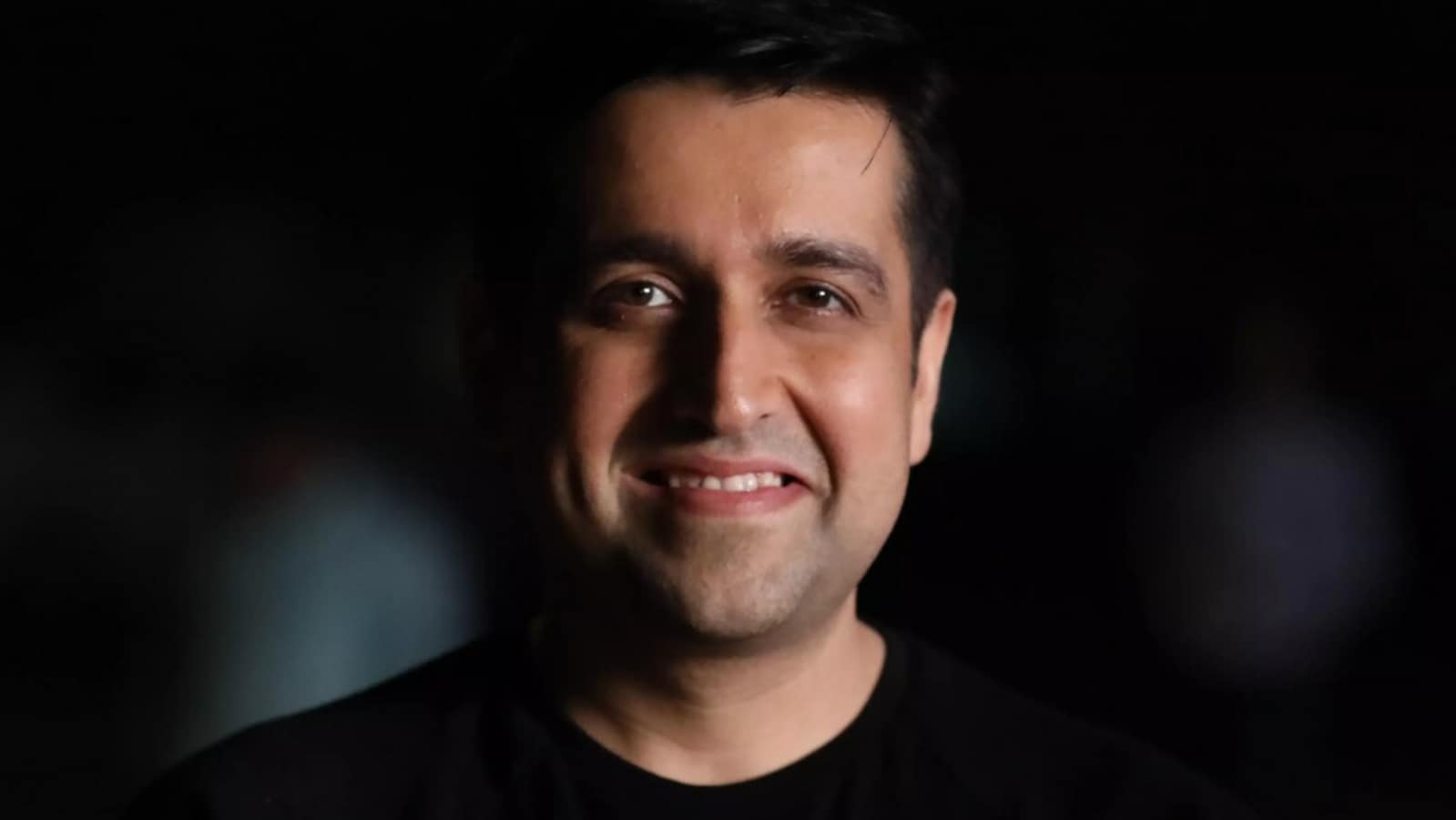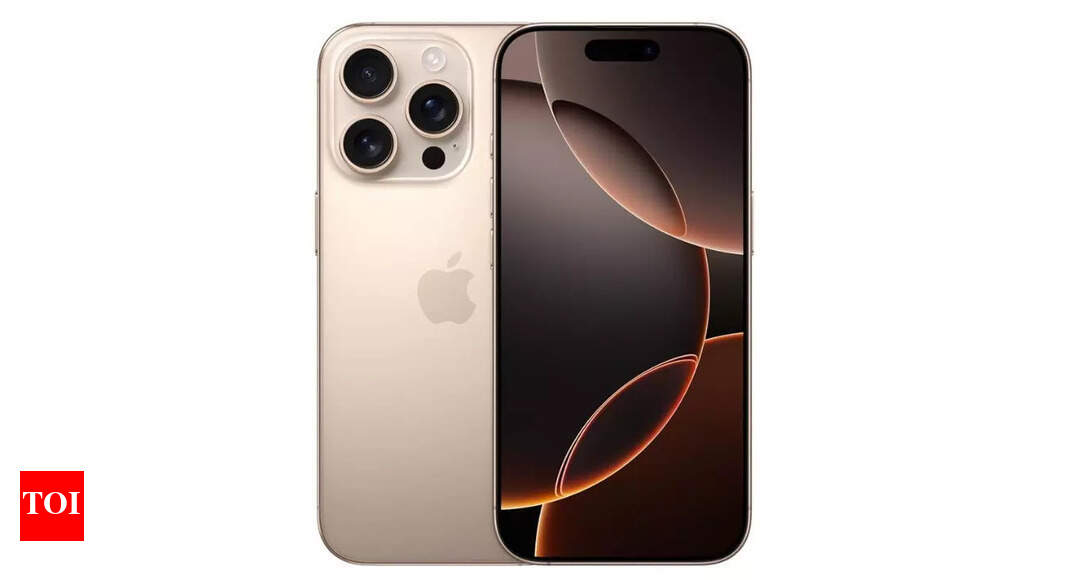The highlight of the launch on Tuesday wasn’t so much the budget smartphones but the person heading the venture—Madhav Sheth, once wildly popular in India’s consumer tech market for solidifying the stature of Chinese electronics brand Realme.
In his new stint as a co-founder, Sheth is betting big on converting users of basic mobile phones with alphanumeric keypads into smartphone users—a market even Mukesh Ambani’s Reliance Jio had to change its stance on.
“We believe that there is great scope to disrupt the market in terms of pricing, and there is a gap in terms of companies catering to mobile phone users below the ₹10,000 price point,” Sheth told Mint on the sidelines of the launch event. “We’re targeting India’s still-remaining 150-200 million 2G feature phone users as our initial target market—with a 4G smartphone priced at ₹4,500, and a 5G smartphone costing ₹7,500.”
Sheth led Realme for six years until June 2023, helping the Chinese company emerge from obscurity in India to become the country’s second-largest smartphone brand after then-leader Xiaomi. After leaving Realme, Sheth, who holds an executive business degree from Harvard Business School, founded HTech to reintroduce Honor smartphones in India.
The path ahead for Sheth is far from straightforward. India ships more than 150 million smartphones annually, but still sold over 54 million feature phones as of 2024. While the market for these basic devices has been steadily declining—sales fell 11% last year, as per market researcher International Data Corp.—it is not down and out yet.
Data shared by market researcher Counterpoint exclusively with Mint showed that in 2019, just after Sheth’s first venture Realme debuted in India, 73 million smartphones under ₹10,000 were sold in India. In 2024, this figure fell to 29 million—a 60% decline over six years.
A multicrore runway
Three analysts Mint spoke with concurred that the biggest reason for why companies have tried but failed to convert users of feature phones into smartphone customers is durability.
“With feature phones now offering core functionalities such as UPI and WhatsApp without the complexity or cost of smartphones, the bar for smartphone brands at the entry level is significantly higher,” said Prabhu Ram, vice-president, industry intelligence group, at market researcher Cybermedia Research.
“To succeed, smartphone brands must deliver a clear and compelling leap in value. This goes beyond incremental upgrades—it requires a reimagined offering that includes radically simplified software, longer battery life, a more durable display, and above all, true affordability. The market demands a fundamentally new value proposition, not just a better phone,” he added.
Sheth, however, is confident that he can succeed.
“The right idea is to offer a strategic balance of features, and we’re also in conversation with major telecom operators, including Reliance Jio, as part of our launch efforts. We’re launching in partnership with online retailer Flipkart, and I already have a purchase order of 2 million units that would give me a runway of ₹1,500-2,000 crore in terms of revenue,” Sheth said.
“We’re giving customers a balance of all features at a sub- ₹10,000 price segment—bringing a well-rounded offering in a segment that others are no longer focusing on. This will give us strategic advantages going forward—including our focus on localizing all data processed in the smartphone in India, and offering users transparency through a privacy dashboard,” he added.
Reliance Jio did not immediately reply to emailed queries on the company’s conversations with Sheth’s NxtQuantum Shift Technologies Pvt. Ltd.
‘Pricing disruption back on the smartphone table’
Can Sheth succeed in his latest stint as a founder?
Tarun Pathak, director and partner at market researcher Counterpoint, said that while “there is definitely room for a new brand in the feature phone segment”, Sheth’s target market is a shrinking one.
“Feature phone users are not converting, since beyond 2G connectivity, Reliance Jio and others today offer 4G feature phones that give access to a smartphone’s essentials. Plus, the market for sub- ₹10,000 smartphones has steadily shrunk over the past six years, showing no sign of any interest from discretionary buyers,” he said.
“In such a market, the selling points marketed by Sheth’s new company would appear hard to sell—aspects like data localization and privacy are not key focus areas of those looking to buy devices on a budget,” Pathak said, also noting that while the smartphones launched by Sheth are branded as ‘AI+’, they do not offer any artificial intelligence features as yet.
Still, Sheth believes there is a clear, fair shot at disrupting the market—a feat he had successfully pulled off seven years ago, albeit backed by one of China’s biggest electronics conglomerates.
“I already have a number of angel investors, and just ahead of the launch, I received over 15 proposals from investors keen to join the project. I will definitely be looking at a funding round going forward, but right now, I’m focused on channeling the conversations back to the products that we are building,” Sheth said.
“I’m not concerned that Reliance’s previous effort may have failed—a bundled telecom offering works differently in various ways. For me, I see a clear area of demand, and a new brand that brings pricing disruption back on the smartphone table.”






